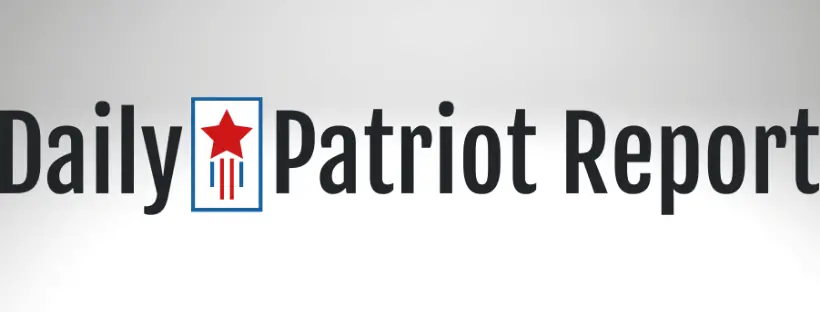A divided federal appeals court has cleared the way for Texas to enforce its 2023 law banning “sexually oriented” performances on public property — a measure critics argue unfairly targets drag shows.
The 2-1 decision from the 5th U.S. Circuit Court of Appeals, based in New Orleans, reversed a lower court ruling that had blocked the law entirely. Judges Kurt Engelhardt and Leslie Southwick, appointed by Presidents Trump and George W. Bush respectively, ruled that drag performers who say their acts aren’t sexual likely lack standing to challenge the law preemptively. The pair also said a recent Supreme Court decision on state social media laws warranted a fresh review of the case.
The majority emphasized that the law could still be applied to explicit performances, writing that “pulsing prosthetic breasts in front of people, putting prosthetic breasts in people’s faces, and being spanked by audience members” might not qualify for constitutional protection — particularly in front of minors.
Judge James Dennis, a Clinton appointee, issued a sharp partial dissent, accusing the majority of overlooking the Texas legislature’s real intent to censor drag. “It is entirely plausible that Plaintiffs’ gendered expressions, costuming, prosthetics, and choreography could be viewed by factfinders and officials empowered to enforce S.B. 12 as appealing to the prurient interest in sex,” Dennis wrote.
He called drag a legitimate art form deserving of full First Amendment protection. “Drag — a costumed, choreographed, and frequently parodic performance that speaks in the idiom of gender — plainly participates in that protected tradition,” he said. “The majority’s effort to collapse an entire art form into a few salacious acts turns these principles on their head.”
While the ruling doesn’t end the case, it allows Texas to begin enforcing S.B. 12 while the lower court reconsiders its earlier injunction. For now, drag performers in Texas could face legal jeopardy if state officials deem their acts “sexually oriented” in public spaces.
